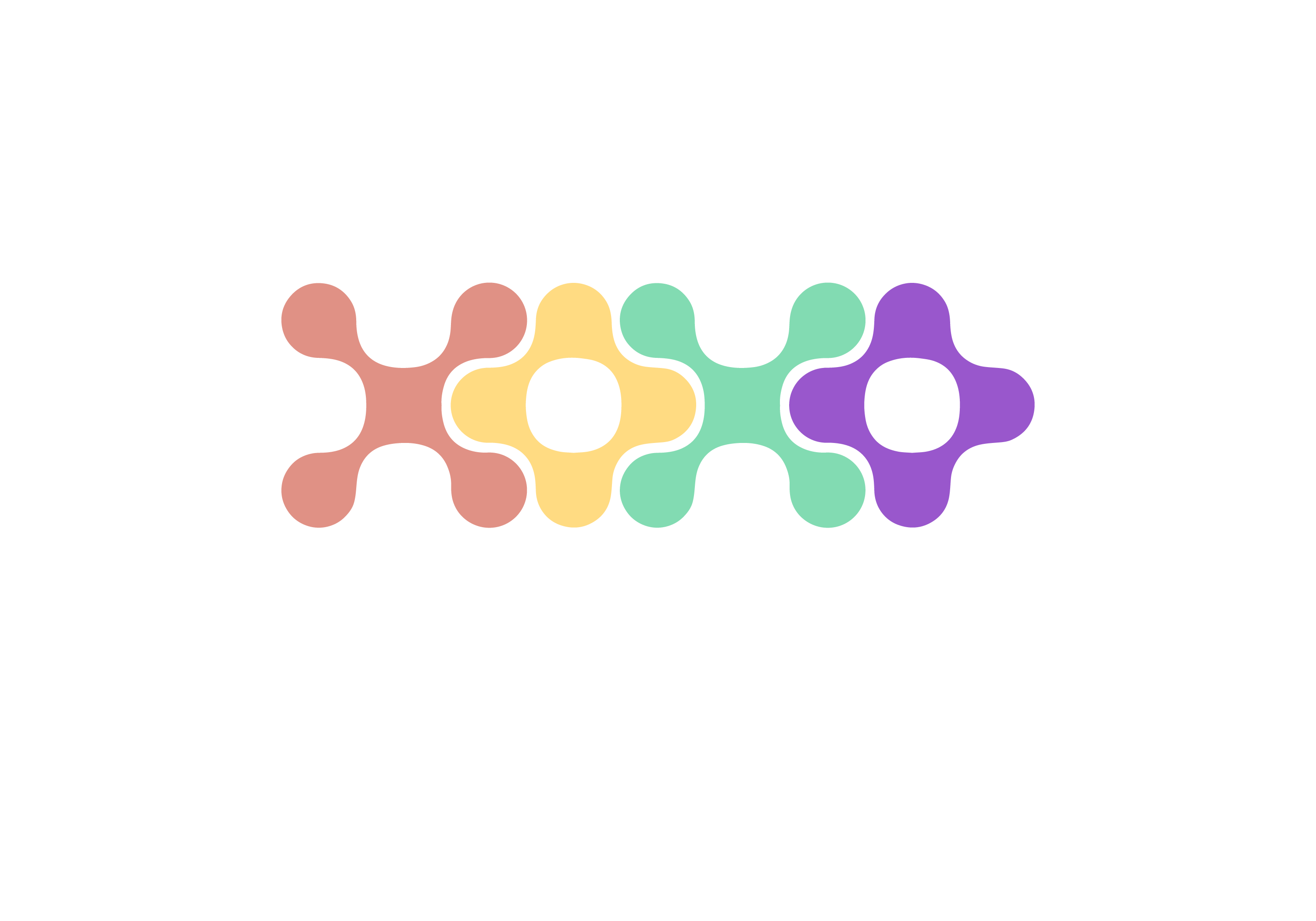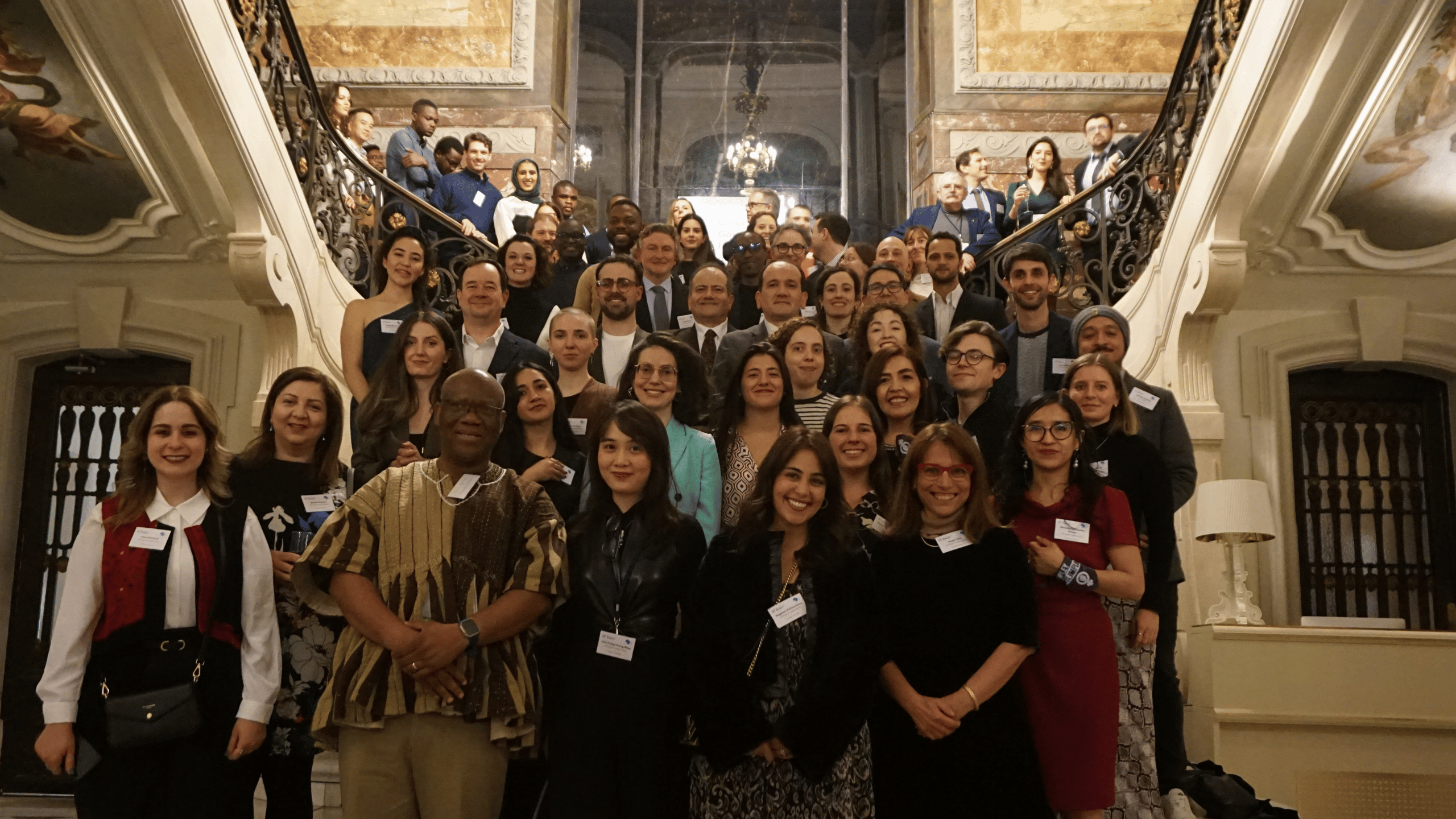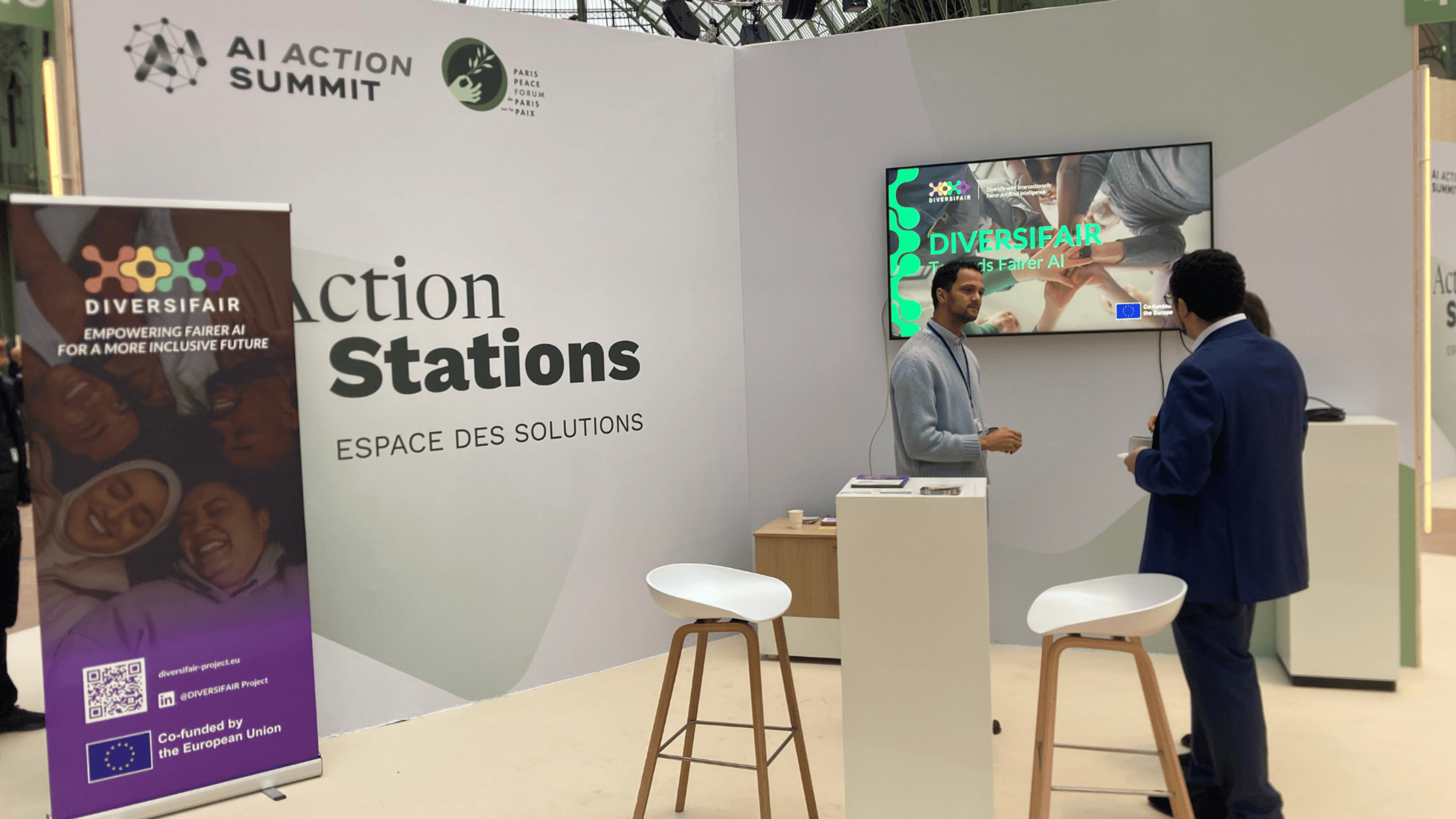The Space for Solutions: a valuable platform for discussion
One of the highlights for us was the Space for Solutions, organised as part of the Paris Peace Forum. This dedicated space created an environment for meaningful exchanges in parallel to the broader discussions at the AI Action Summit. It was a great opportunity to engage directly with other organisations and explore how AI can be developed in ways that prioritise inclusivity and fairness.
Representing our eight-partner consortium, we presented our mission to develop and share educational resources that promote inclusive AI, ensuring marginalised voices are at the centre of AI development.
Among the many impressive projects at the Summit, a few particularly resonated with our vision that AI can be used for global equity:
- Coders Beyond Borders – Factstream AI Factstream AI simplifies, translates, and interprets complex legal and political texts into multiple languages, making them accessible to refugees, newcomers, and expats. It empowers individuals with the knowledge of their rights and responsibilities, supports civic engagement, and provides digital literacy training to combat misinformation. For more information: https://codersbeyondborders.org/
- La Fondation Hirondelle – Countering Disinformation with AI. This project uses natural language processing (NLP) to monitor community radio stations in Eastern DRC, detecting and countering hate speech by producing and broadcasting neutralising content. The goal is to combat misinformation, foster social cohesion, and support vulnerable communities in conflict-affected regions. Find out more at https://www.hirondelle.org/fr/
- Humanitarian OpenStreetMap – AI & Maps for Disaster Response In many of the world’s most vulnerable places, accurate maps don’t exist. This project makes open mapping technology accessible to local communities, allowing them to create AI-assisted maps to improve disaster response and preparedness. By training AI models on locally relevant data, the project ensures bias is minimised while increasing resilience to natural hazards. Find out more https://www.hotosm.org/tech-suite/fair/
We see real value in spaces like these that foster open and constructive dialogue. They allow for more nuanced conversations on the role of AI and provide an opportunity to connect with those actively working towards ethical and equitable AI systems.
There were many other remarkable projects that we did not have the time to explore fully. You can explore all selected projects on the Paris Peace Forum website.



